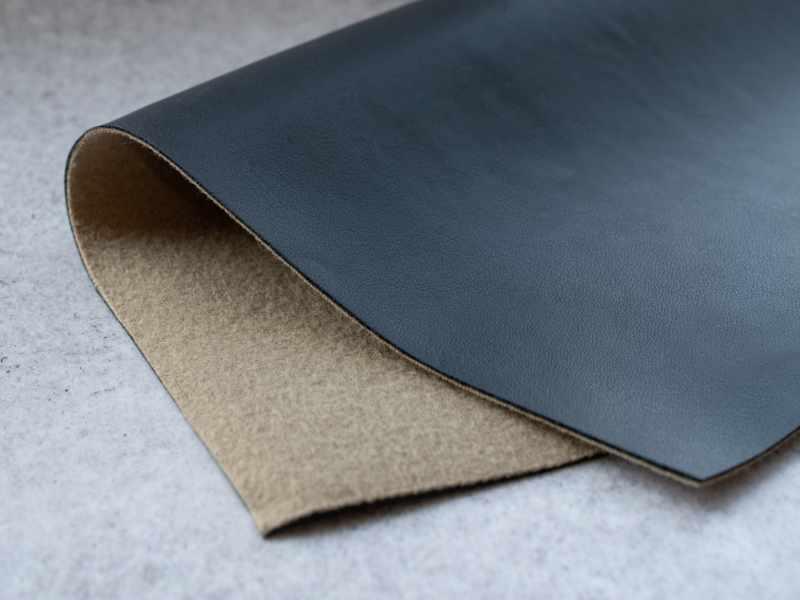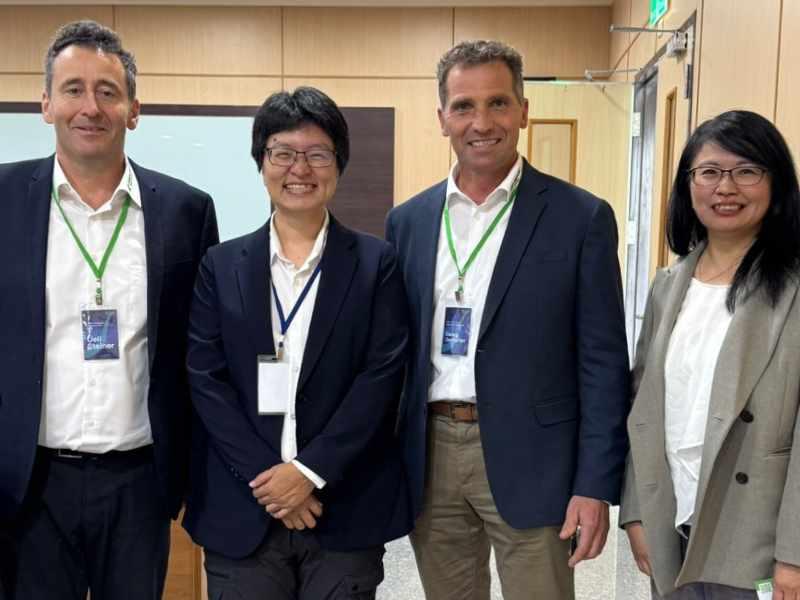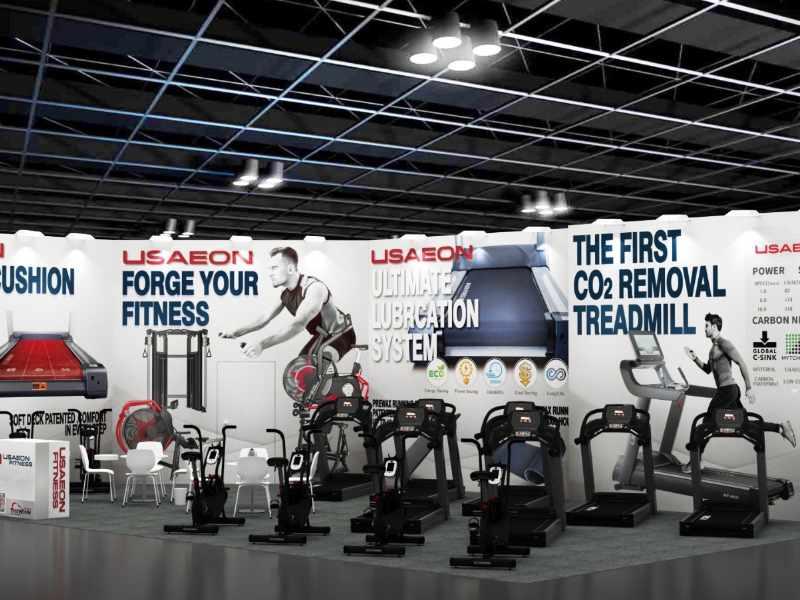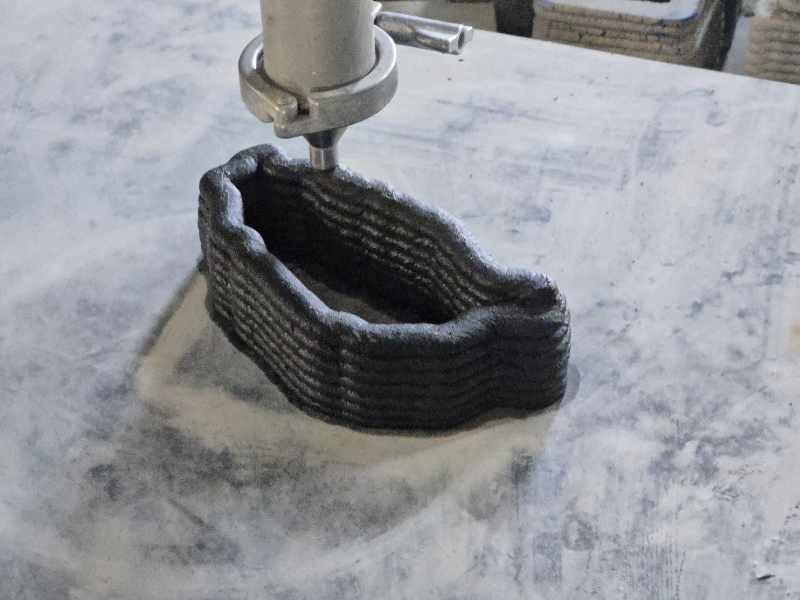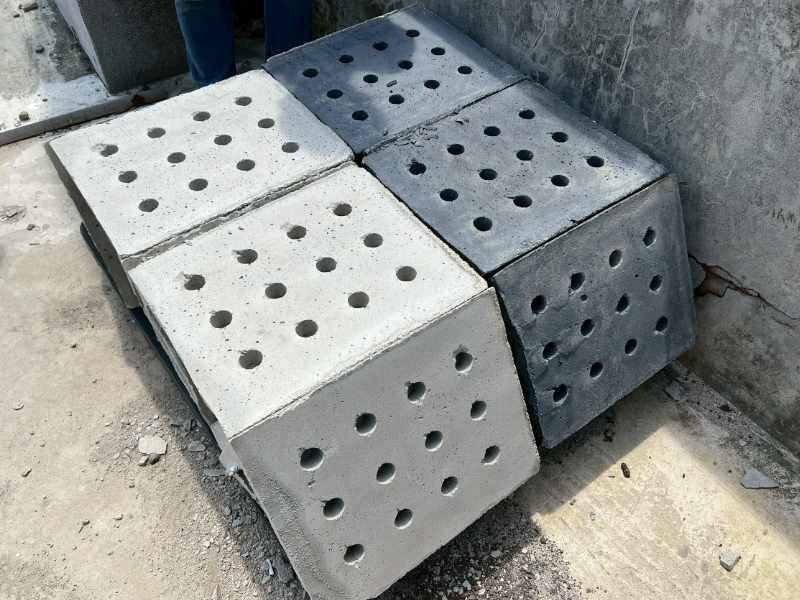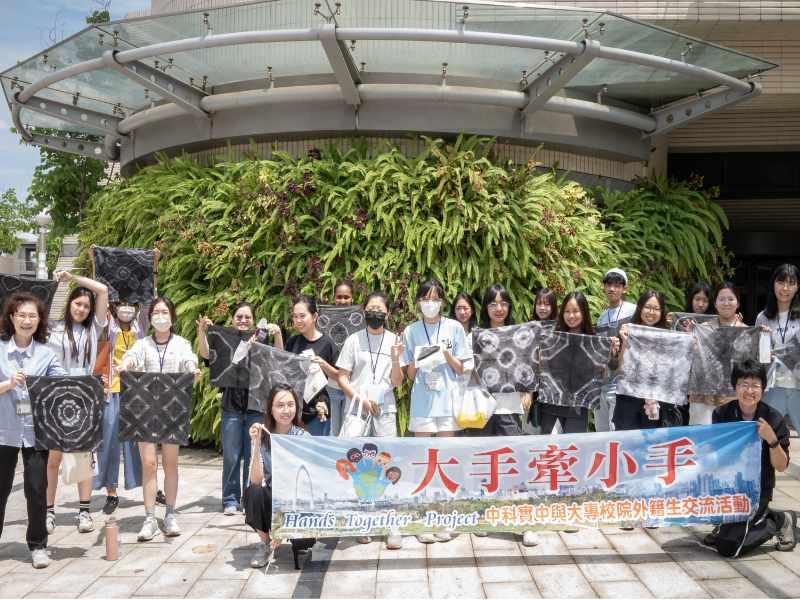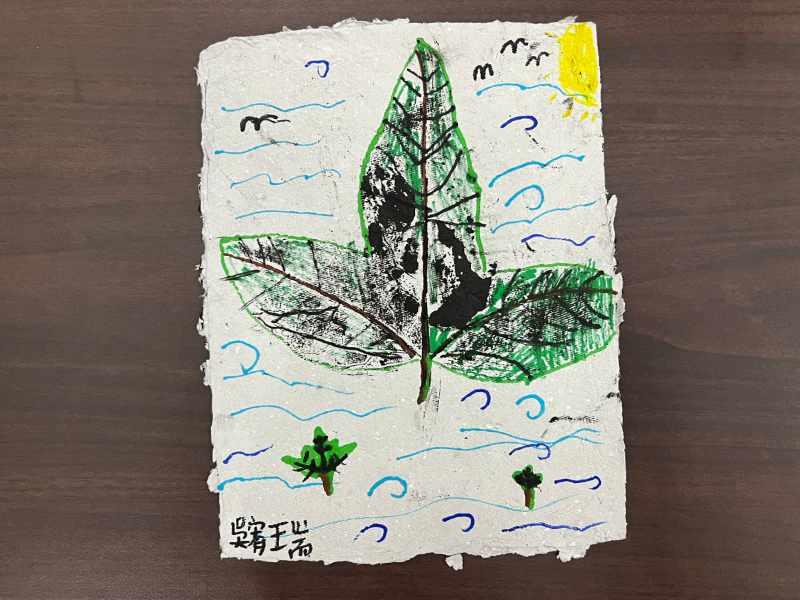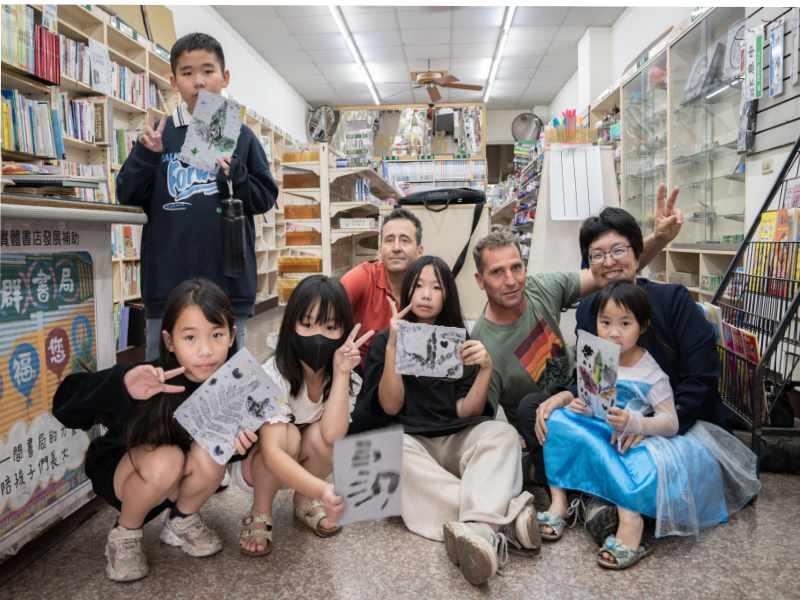
Turning Carbon into Opportunity:
How CSI and TCHAR Are Advancing the Circular Economy in Asia
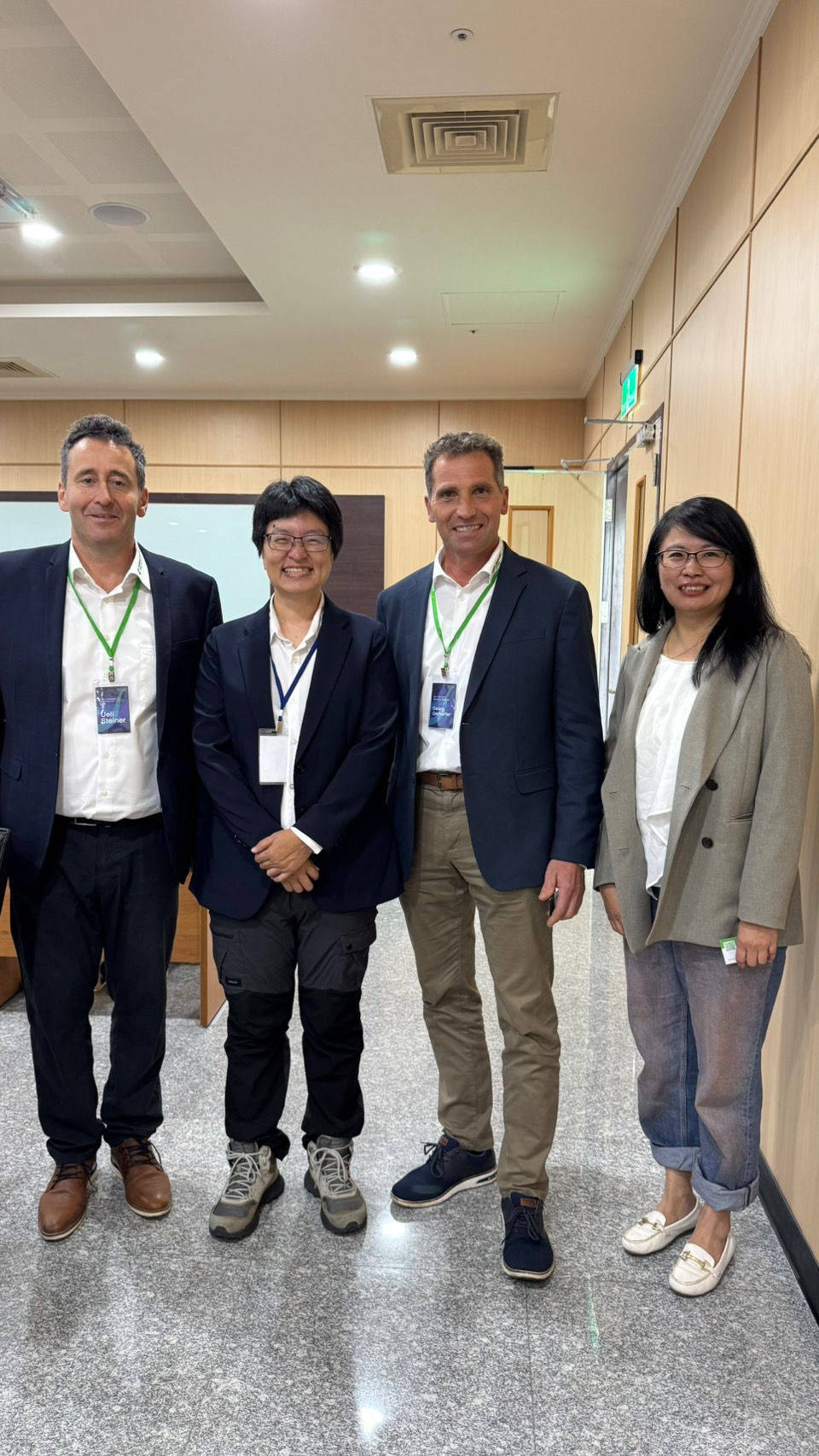
In a fast-changing world where environmental innovation is more crucial than ever, the partnership between Carbon Standards International (CSI) and Taiwanese environmental solutions firm TCHAR is proving how collaboration can turn sustainability ambition into measurable action.
Since 2020, TCHAR has been actively developing and promoting circular economy solutions across East Asia. But its journey toward impact began even earlier, when CEO Peter Peng was introduced to pyrolysis technology during a visit to Germany in 2015. What started as curiosity has evolved into a bold commitment: to remove 1 million tonnes of carbon dioxide by 2032 through scalable, science-based approaches.
This success story explores how CSI and TCHAR joined forces to bring international standards, cutting-edge products, and a new level of trust and transparency to the carbon removal space in Asia.
From Innovation to Implementation
TCHAR’s core business blends advanced engineering with sustainability, spanning composite materials, energy systems, and environmental technology. With clients across Taiwan, Japan, Thailand, Vietnam, the Philippines, and Singapore, the team sought to introduce high-quality biochar solutions into industrial supply chains while ensuring long-term environmental benefits.
But while the technology for biochar production existed, consistent quality assurance and certification did not. This is where CSI entered the picture. CSI’s European Biochar Certificate (EBC) offered the rigorous, science-backed framework that TCHAR needed to scale responsibly. As Yuyan Li, TCHAR’s Chief Knowledge Officer, puts it: "We needed a partner who not only understood carbon removal, but could also help us educate our stakeholders and build confidence in the biochar we were producing."
Biochar Beyond Carbon
The CSI-TCHAR partnership has gone far beyond traditional carbon removal. Together, they’ve explored a wide range of biochar-based innovations that highlight the material’s versatility and potential for system-wide impact.
One flagship development is TCHAR’s biochar-based composite treadmill. Presented at FIBO 2025 in Cologne in April 2025, this product is the first of its kind – a functioning exercise machine built with biochar-infused plastic. The road to innovation wasn’t easy. "There were no standards or previous cases to learn from," says Yuyan. "But working with CSI gave us the confidence to take that risk."
Other breakthroughs include the production of industrial plastic raw materials that incorporate biochar while maintaining the performance of traditional plastics. These materials not only support carbon drawdown but also open the door to generating carbon credits based on long-term durability and application.
Ocean Innovation: Restoring Coral with Carbon
One of the most exciting applications is a project that blends carbon removal with marine conservation. In 2025, TCHAR joined hands with Shin Kong Life Foundation and Blue Trend to begin piloting the use of low-carbon cement (total climate cement by TCC) infused with biochar to restore coral reefs around Taiwan.
The artificial reef bricks, designed to mimic natural coral structures, aim to encourage reef regeneration while sequestering carbon within their form. The first batch of bricks was set for deployment just days after our conversation with Yuyan, who expressed deep enthusiasm for the project’s ecological and symbolic importance.
CSI will provide quality and impact assessment for the initiative, further anchoring the credibility of this bold new frontier.
Building Trust Through Standards
For TCHAR, the decision to work with CSI was as much about market education as it was about certification. "We want to introduce the EBC standard to more Asian customers, because it’s not just a European benchmark – it’s a global signal of quality," says Yuyan.
The company goes beyond compliance by conducting comprehensive testing of its biochar and sharing documentation with both customers and government stakeholders. Their aim? To build a transparent, trustworthy carbon market in East Asia.
To support this, TCHAR and CSI are exploring new labelling systems that clearly communicate biochar’s attributes and applications to non-technical audiences.
Education as a Catalyst for Change
Alongside product innovation and standards development, TCHAR is passionate about education. The team has begun creating biochar-related learning materials tailored to schools and the general public. These include biochar-infused paper, ink, and even concrete blocks used for demonstrations.
"It’s not just about selling a product; it’s about changing how people think about waste, carbon, and value," says Yuyan. "We believe education is the foundation for a truly circular economy."
CSI supports this vision by sharing expertise, connecting TCHAR to global best practices, and helping design materials that resonate across cultures and sectors.
What’s Next
With sights set on removing one million tonnes of carbon dioxide by 2032, TCHAR’s work is only just beginning. From its headquarters in Taiwan, the company is already looking to deepen its presence across the region and expand its product lines into high-performance, carbon-negative materials by biochar composite mosaic technology.
Together, CSI and TCHAR are showing how local action, backed by global standards, can unlock new pathways for climate and community impact.
As Yuyan reflects, "Our work with CSI has helped us think bigger – not just about what biochar can do, but about what kind of future we can help build."

